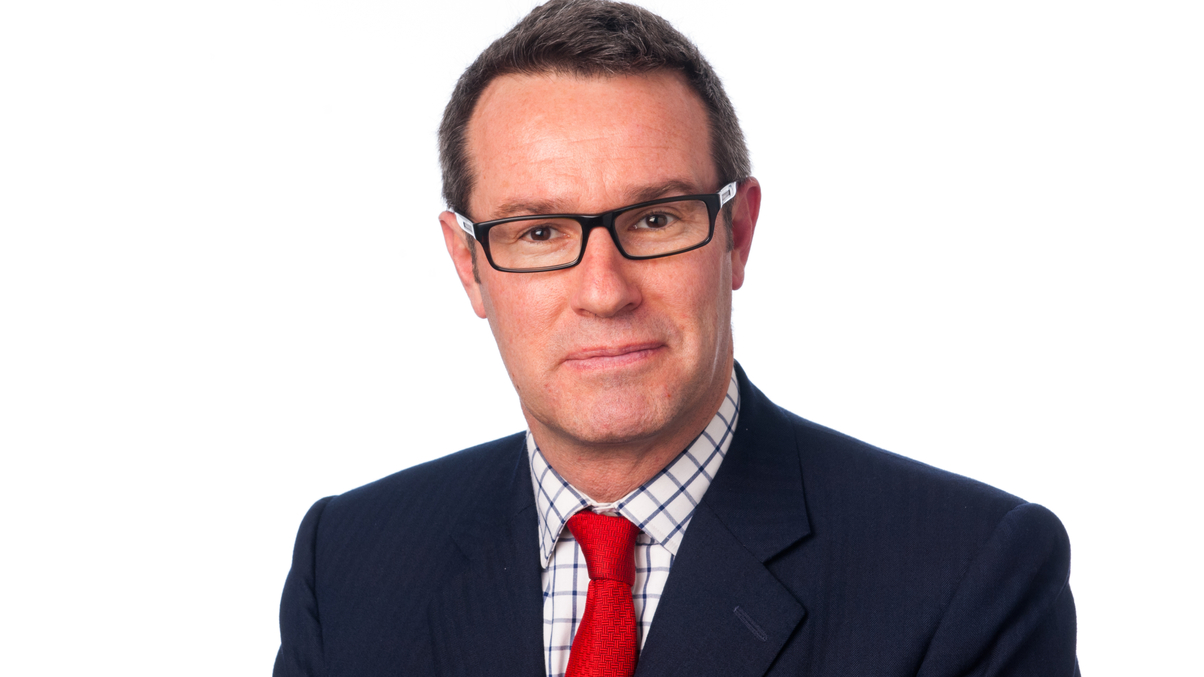Hermes raises $2.5 billion for Asian strategy

UK fund house Hermes Investment Management is soft-closing its Asian equity fund at $2.5 billion.
It comes as the firm is set to announce a new sales and servicing hire in Singapore to expand its penetration of the region.
Eoin Murray, head of the firm’s investment office in London, noted its Asia ex-Japan fund, which picked up an AsianInvestor asset class award this year, had hit capacity and closed to new investors this past quarter after attracting strong interest chiefly from discretionary platforms in the UK and Europe.
Three- and five-year annualised returns are 21.7% and 16% respectively, representing an excess over benchmark of 11.6% and 10.8% and with an information ratio of 1.7 and 1.8.
Asked to pinpoint the reason behind interest in the fund, Murray said: “Performance has been superb. Plus US equity valuations have looked stretched and Europe has its own geopolitical concerns, so the case for investing in Asia has become more prominent.”
Asked if Hermes planned to fulfil this demand by providing a new strategy, he suggested it would look at options but said nothing was on the table right now.
Following a restructuring initiated last year, Hermes wound down its commodities business in Asia this spring, letting five staff go.
“The view was taken that commodities investing was a short-term trading game that did not suit our investment philosophy,” explained Murray, while noting commodities provided an important inflation hedge to investors such as pension funds. Hermes itself is 100% owned by the BT Pension Scheme. “Our multi-asset team is still investing in commodities, just in a smaller way,” he added.
Asked if Hermes might reconsider basing investment specialists in the region to support its expansion drive, Murray said it was unlikely in the near term. “I can see us keeping all of our investment specialists here in London for the time being, although we could be flexible if the right opportunity came up.”
He did note the firm was about to announce a new sales and client services hire to focus on the wholesale market based out of Singapore to support regional head of business development Jakob Nilsson. The incoming staffer is still working out his notice, so the firm withheld the name.
Of gaps in the firm’s suite of investment solutions, it does not invest in Japanese equities nor in emerging market fixed income.
Murray acknowledged that emerging market debt would be a logical place to invest and that it would likely leverage off its existing credit team if it did so. However, he noted the firm had recently launched an absolute return fund that engaged in shorting for downside protection.
“We have a degree of emerging market exposure in our high-yield and multi-strategy portfolios at the hard currency end of market,” said Murray. “If we went into local currency markets we would need to add experience.
“But it is important to do things incrementally, and given that the team has just launched an absolute return fund I would be reluctant to ask them to launch further product without their attention being fully focused.”
Separately, Hermes is in the process of launching a direct lending business as it strives to exploit a gap in the market following the regulatory crackdown on bank lending.
Murray explained that as part of a business review last autumn the firm determined to establish an alternative fixed income business, hiring Zoe Shaw from Promethion to lead the build-out.
“This [alternative fixed income] is an area where we feel we can offer a real service,” said Murray. “Other areas one could imagine over time we would look at would be trade finance or local authority lending – anywhere where banks are not able to use their capital to the same extent as previously because of regulatory changes.”
Earlier this month Hermes hired Patrick Marshall from Tikehau Capital as head of private debt and collateralised loan obligations. He leads its burgeoning direct lending team of three, with two analysts to be added within weeks.
“The route we have chosen is to work alongside a significant clearing bank,” said Murray, declining to name its potential direct lending partner as the deal is expected to be finalised over the next two weeks.
“It [the bank] is a significant originator of debt already, but can’t use its balance sheet as it would like due to regulatory changes, so it wants to work alongside long-term investors to facilitate client requirements.”
He suggested if the deal went through both parties would likely end up putting money towards loans, potentially in club-style deals with other investors.
“The bank already does direct lending business with other parties, although I expect our relationship with them to be deeper than they have gone before, given the size of the loans we expect them to share with us,” added Murray.
Hermes Investment Management had £30.1 billion ($46.7 billion) in assets under management globally at the end of March 2015.


